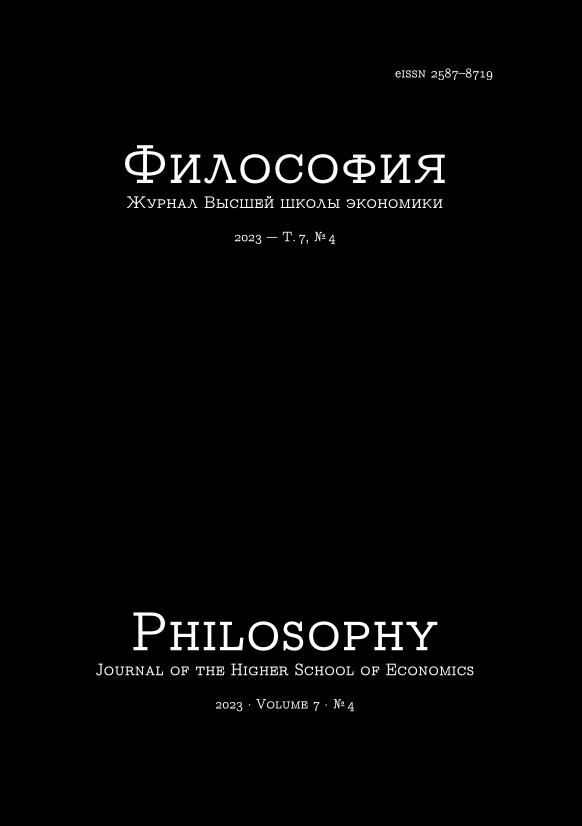An Unknown Demonologist at the University of Paris?
The Opus II.7–8 by Hugh of Saint-Cher
Abstract
Though Daemonologia, like ontologia and anthropologia, is not genuinely medieval, but conceived in the Renaissance, it remains valid to apply such categories to the medieval intellectual culture. By doing so, we can restore the continuum of historical development. The present paper investigates the role of Hugh of Saint-Cher (ca. 1190–1263) within the domain of scholastic demonology. Specifically, it focuses on distinctions II.7–8 from Hugh's commentary on the Sentences (ca. 1231–1234) which has been transcribed, collated, and translated by me for the first time. I begin by examining Hugh's forerunners among scholastics in order to ultimately pick out Alexander of Hales. He was the sole precursor who invested in pushing demonology beyond conventional boundaries. Onwards, I demonstrate the diversity of thematic issues Hugh addresses. His text aims at accommodating a rational explanation and critique of the demonic procreation, healing, body assumption, locution, and wonders. Notably, Hugh's work demonstrates a relatively limited influence of Aristotle. The Dominican instead endows Lombard's text with illuminating stories about Balaam, Simon Magus, Apuleius, and Bartholomew. Hugh's ideas would go on to serve as the cornerstone for further elaboration of the demonology in the 1230s and 1240s. Subsequently, I offer an extensive overview of Hugh's impact on the handwritten tradition, clearly discernable through critical reception in Richard Fishacre, John de la Rochelle, and Eudes Rigaud's writings. What is more, I point out alternative ways to entail demonology by drawing upon evidence from Roland of Cremona and Alexander of Hales. After all, I consider Aristotle's impact on early scholastic demonology between 1225 and 1245.
Downloads
Copyright (c) 2023 Philosophy Journal of the Higher School of Economics

This work is licensed under a Creative Commons Attribution-NonCommercial 4.0 International License.






